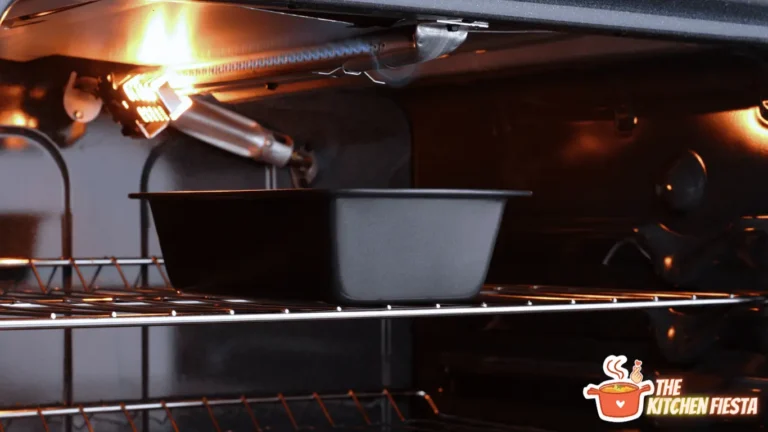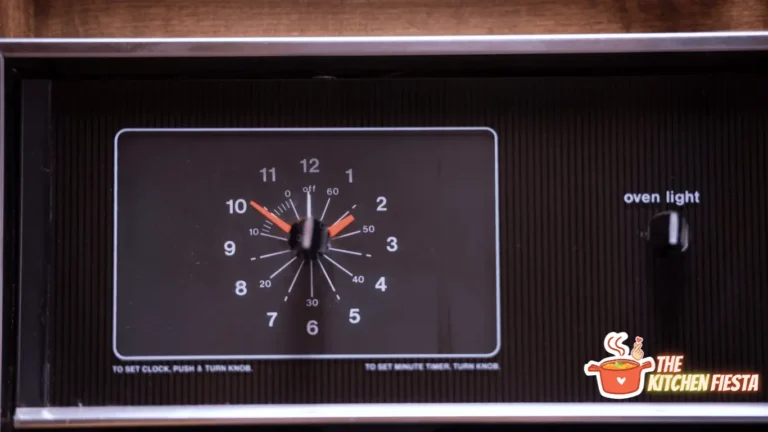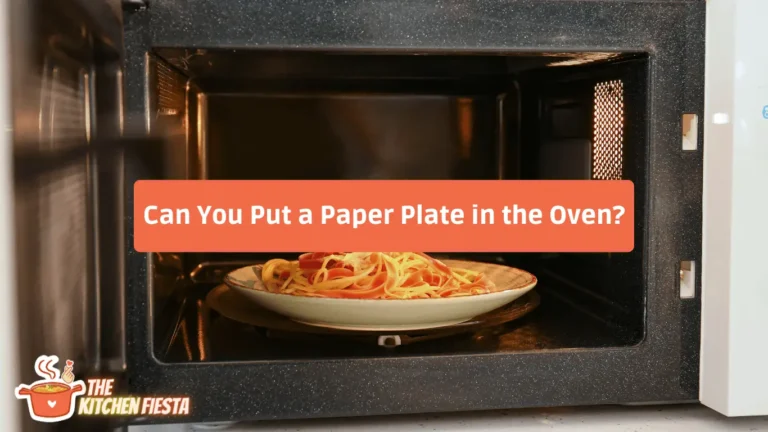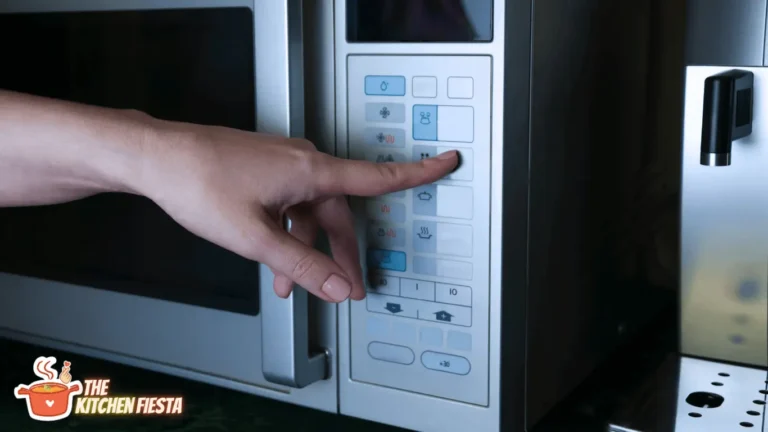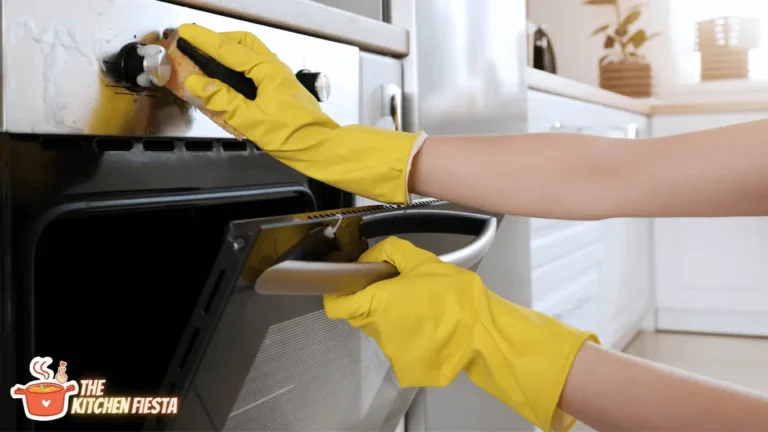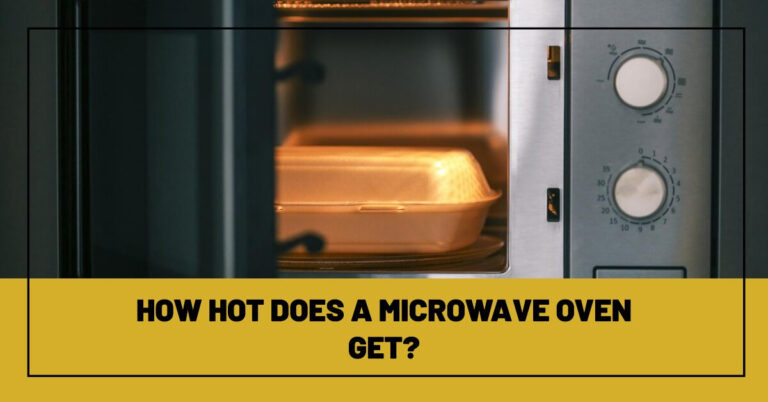Mouse Droppings In The Oven: How To Clean And Prevent Them?
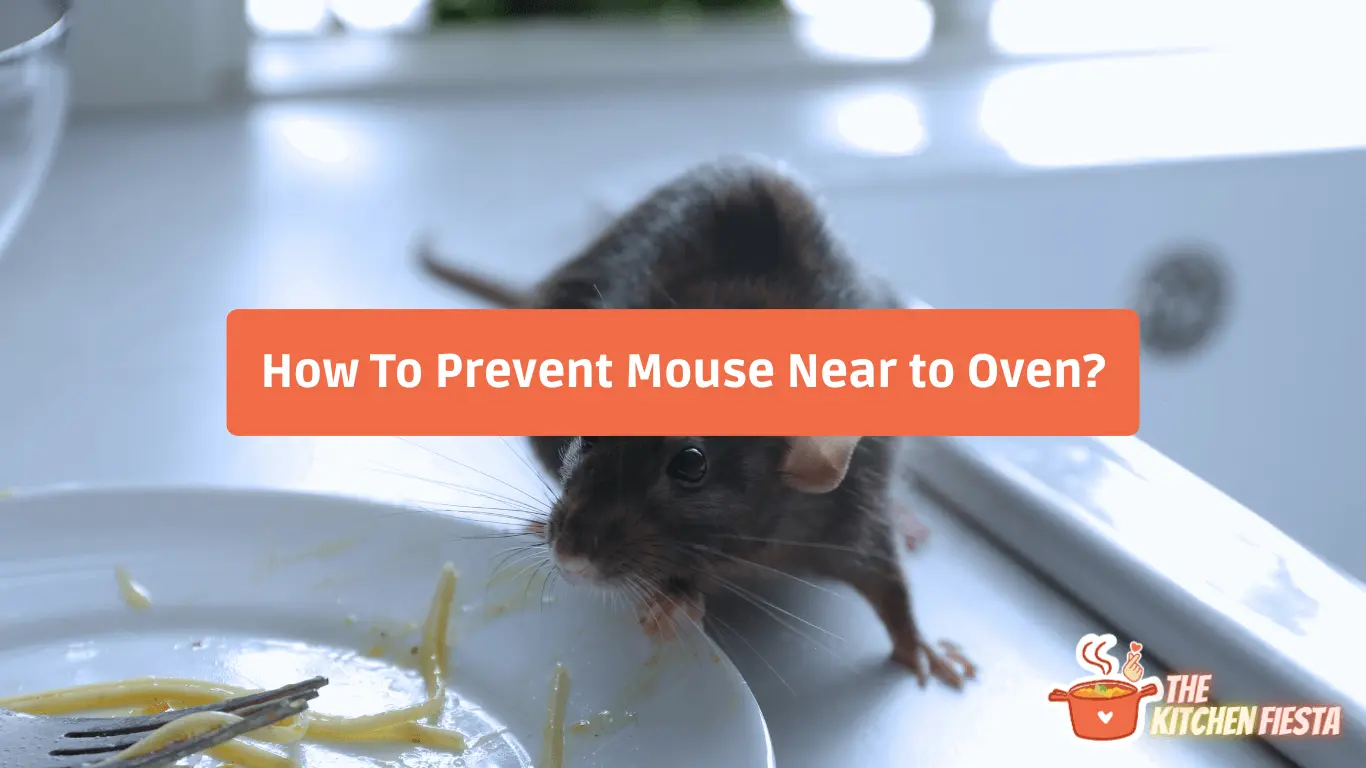
If you’re a homeowner, finding mouse droppings in your oven can be a concerning and unpleasant experience. Not only is it unsightly, but it can also pose a serious health risk to you and your family. The presence of mouse droppings can lead to the spread of harmful bacteria and germs, which can contaminate the food you cook.
In this article, we’ll explore the various methods for cleaning mouse droppings in the oven and discuss the importance of using odor-eliminating products to ensure a safe and healthy cooking environment. With these tips, you can tackle this daunting task and enjoy a clean and fresh-smelling oven once again.
Health Risks of Mouse Droppings in the Oven
Diseases Carried by Mice
Mice are known carriers of various diseases, some of which can be transmitted to humans through contact with their droppings. Some of the diseases that can be transmitted by mice include:
- Hantavirus: This is an uncommon but potentially life-threatening illness that spreads through exposure to the feces, urine, or saliva of infected rodents. Its indications may comprise of a high body temperature, muscle pain, and difficulty breathing.
- Salmonellosis: This is a bacterial infection that can be transmitted through contact with contaminated food or water. Mice can carry salmonella in their droppings, which can contaminate surfaces and food in the kitchen.
- Lymphocytic Choriomeningitis (LCM): The transmission of this viral infection occurs through contact with mouse urine, droppings, or saliva, and it may cause symptoms such as fever, headache, and muscle aches.
Health Risks of Exposure to Mouse Droppings
Exposure to mouse droppings can pose several health risks, including:
- Respiratory problems: Breathing in dust or particles from mouse droppings can cause respiratory problems, particularly in people with asthma or other respiratory conditions.
- Allergic reactions: Exposure to mouse droppings can trigger allergic reactions in some people, including sneezing, coughing, and skin rashes.
- Infections: Handling mouse droppings can increase the risk of bacterial infections, particularly if the droppings are wet or contaminated with urine.
To minimize the health risks associated with mouse droppings in the oven, take proper precautions when cleaning up. This includes wearing gloves and a mask, and avoiding direct contact with the droppings. Keeping all surfaces clean and disinfected is also essential for keeping bacteria and viruses at bay.
Signs of Mouse Droppings in the Oven
When it comes to using an oven, it is essential to ensure that it is clean and free from any contaminants, including mouse droppings. Here are some signs that indicate the presence of mouse droppings in the oven:
1. Visual Signs
One of the most obvious signs of mouse droppings in the oven is the presence of small, dark, and pellet-shaped droppings. These droppings can be found in various parts of the oven, including the racks, bottom, and walls. In some cases, you may also find urine stains or smears, which can be a clear indication of a mouse infestation.
2. Odor
Another sign of mouse droppings in the oven is an unpleasant odor. The smell of mouse urine and droppings can be quite strong and can linger even after cleaning. If you notice a musty or pungent smell emanating from your oven, it is likely that there are mouse droppings present.
Using an oven with mouse droppings can be hazardous as it can lead to the contamination of food and the spread of diseases. Therefore, it is crucial to clean and disinfect the oven thoroughly before using it.
To clean the oven, you should unplug it from the power source and remove the racks. You can then use a vacuum cleaner or a damp cloth to remove any droppings and debris. After cleaning, you can use a disinfectant spray or a mixture of vinegar and water to sanitize the oven.
Preventing Mouse Infestations in the Kitchen
Mice can be a nuisance in the kitchen, and their presence can pose a risk to your health. Here are some tips to prevent mouse infestations in the kitchen:
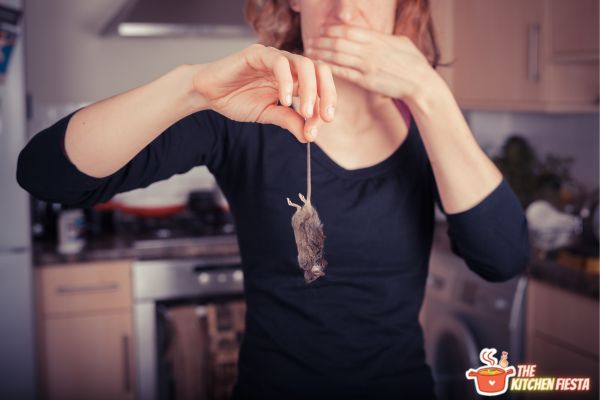
1. Sealing Entry Points
To keep mice out of your kitchen, it’s important to seal all entry points. Mice can enter through even the tiniest of cracks, so it’s important to be thorough. Some common entry points include:
- Gaps around pipes and cables
- Cracks in walls and floors
- Gaps around windows and doors
- Holes in screens
To seal these entry points, you can use materials such as steel wool, caulk, and expanding foam. Make sure to inspect your kitchen regularly for new entry points and seal them promptly.
2. Regular Cleaning and Disinfecting
Mice are attracted to food and crumbs, so it’s important to keep your kitchen clean. Regularly sweep and mop the floors, wipe down countertops, and clean up spills and crumbs. Use disinfectant cleaners to kill bacteria and viruses, and make sure to clean all surfaces, including the inside of your oven and other appliances.
3. Storing Food Properly
Proper food storage is key to preventing mice from being attracted to your kitchen. Store food in airtight containers, and make sure to clean up any spills or crumbs promptly. Keep your pantry and cabinets clean and organized, and avoid leaving food out on countertops or tables.
Removing Mouse Droppings from the Oven
When it comes to cleaning mouse droppings from the oven, there are a few important things to keep in mind. In this section, we will go over some safety precautions, cleaning supplies and techniques, and how to dispose of contaminated materials.
Safety Precautions
Before starting to clean the oven, take some safety precautions to protect yourself from potential health hazards. Here are some things to keep in mind:
- Wear gloves and a mask to avoid direct contact with the droppings and any harmful particles that may be released during the cleaning process.
- Make sure the oven is unplugged and cool to the touch before starting to clean.
- Avoid using a vacuum or broom to clean up the droppings, as this can release harmful particles into the air.
Cleaning Supplies and Techniques
To clean the oven, you will need some basic cleaning supplies and techniques. Here are some things to keep in mind:
- Use a disinfectant such as vinegar or bleach to clean the oven. Mix the disinfectant with water according to the manufacturer’s instructions.
- Use a damp cloth or sponge to wipe down the oven surfaces, making sure to get into all the nooks and crannies.
- For stubborn stains or hard-to-reach areas, use a toothbrush or small scrub brush to gently scrub the surface.
- After cleaning, rinse the oven surfaces with clean water and dry with a clean towel.
Disposing of Contaminated Materials
After cleaning the oven, it is important to dispose of any contaminated materials properly. Here are some things to keep in mind:
- Place any contaminated materials, such as gloves and cleaning cloths, in a plastic bag and tie it securely.
- Dispose of the bag in a trash can with a tight-fitting lid.
- Wash your hands thoroughly with soap and water after handling contaminated materials.
When to Call a Professional Exterminator?
If you have noticed mouse droppings in your oven, it is important to take action before the infestation gets out of hand. While there are various DIY methods to get rid of mice, sometimes it is necessary to call in a professional exterminator. Here are some signs that indicate you should call a professional:
Signs of a Severe Infestation
If you have tried DIY methods and still see signs of mice, it may be time to call a professional. Signs of a severe infestation include:
- Multiple sightings of mice during the day
- A strong, unpleasant odor in your home
- Gnaw marks on walls, furniture, and wires
- Droppings in multiple areas of your home
- Nesting materials, such as shredded paper or fabric
DIY Methods Not Working
If you have tried DIY methods, such as snap traps or glue traps, and they have not been effective, it may be time to call a professional. Exterminators have access to more powerful and effective methods of eliminating mice, such as bait stations and fumigation.
Preventing Future Infestations
A professional exterminator can also help you prevent future infestations. They can identify and seal entry points, such as cracks and holes in walls and floors, to prevent mice from entering your home. They can also advise you on proper storage and disposal of food and waste to discourage mice from entering your home.
Conclusion
In verdict, mouse droppings in the oven can pose a serious health risk, particularly for those with weakened immune systems. Prevention is key, and sealing gaps and keeping the kitchen clean can help discourage mice from entering the area. However, if droppings are discovered, immediate action is required to clean and disinfect the oven. Regular cleaning and maintenance are also necessary to prevent further contamination.
By taking proactive measures, we can ensure a safe and healthy environment for cooking and food preparation, protecting ourselves and our loved ones from harmful pathogens. Let’s prioritize kitchen hygiene to prevent any unwanted guests from making their way into our appliances and homes.
FAQs
Can mouse droppings in the oven make you sick?
Yes, mouse droppings can carry harmful bacteria and viruses that can make you sick if ingested. It is important to clean up any mouse droppings in the oven as soon as possible to prevent the spread of these pathogens.
Can you use bleach to clean up mouse droppings in the oven?
While bleach can be effective at killing bacteria and viruses, it is not recommended for cleaning up mouse droppings in the oven. Bleach can react with other chemicals found in the oven and create toxic fumes. Instead, use a solution of water and vinegar to clean up the droppings.
How often should you clean your oven to prevent mouse infestations?
It is recommended to clean your oven at least once a month to prevent mouse infestations. This will help remove any food debris that may attract mice and also make it easier to spot any signs of infestation, such as droppings or nesting materials.
What should you do if you find a mouse nest in your oven?
If you find a mouse nest in your oven, take immediate action to remove it. Wear gloves and a mask to protect yourself from any harmful bacteria or viruses. Use a vacuum cleaner to remove the nest and any droppings, then clean the oven thoroughly with a solution of water and vinegar.

